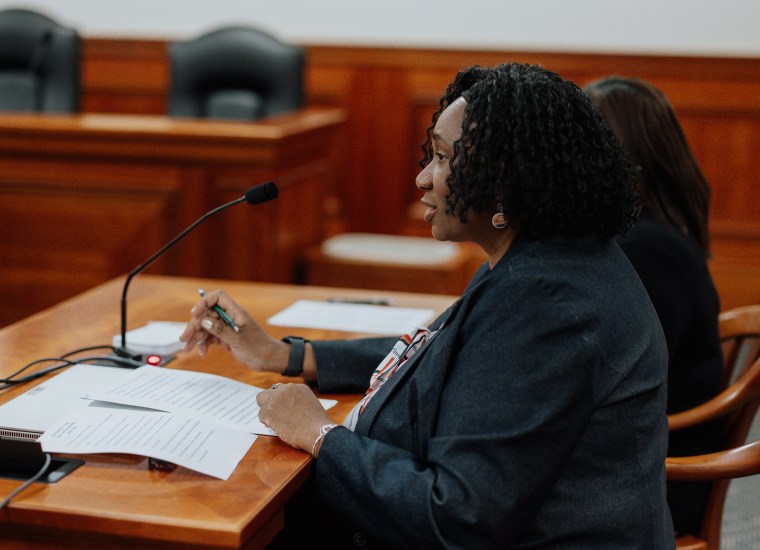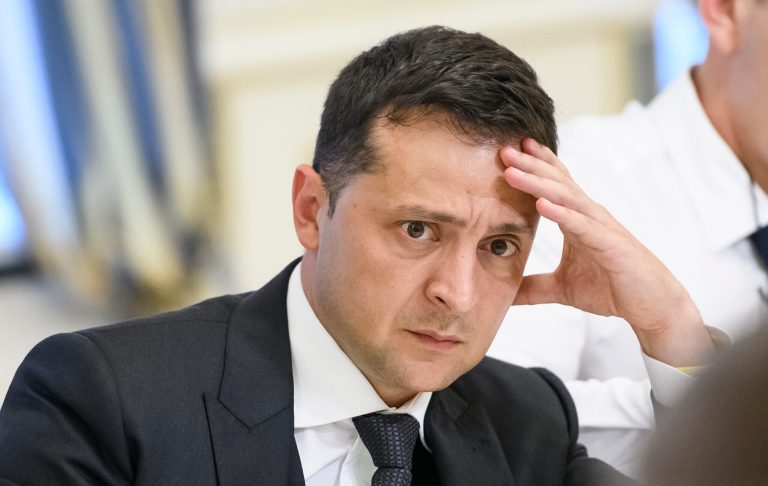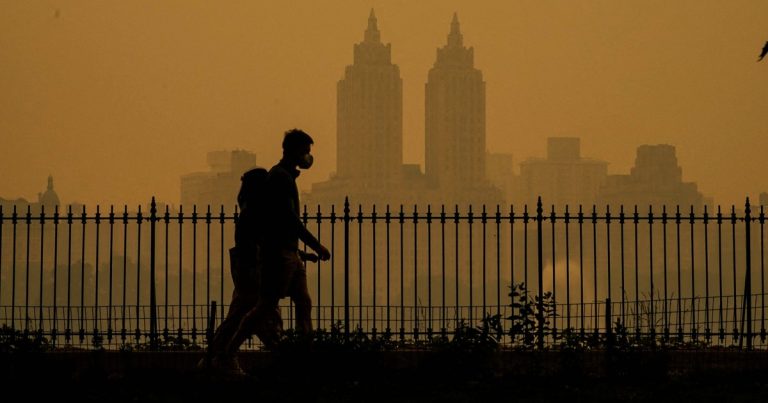Michigan legislators are considering measures to help foster youths, who, for years, have faced roadblocks on their way to diplomas.
NBC News last year exposed the educational crisis facing vulnerable teens who spent months or years living in residential facilities, taking classes and completing assignments, only to learn later that the work didn’t count toward graduation.
The problem delayed some youths’ graduations by years and led others to drop out of school.
“Almost one year ago, 11 months, to be more precise, a truly disturbing news report caught my attention,” Rep. Stephanie A. Young, a Detroit Democrat, told a legislative committee considering a package of bills Tuesday. “I was appalled when I learned of these issues, and I got to work.”
Young introduced the three bills, co-sponsored by 15 other House members, including one Republican, last month. One would require the state to ensure that foster youths get “an education that prioritizes meeting the graduation requirements” to earn a diploma in Michigan. The others would force the state to track and report data on the foster youths’ educational attainment and to keep tabs on the educational offerings in residential facilities.
The measures are an early step toward addressing the problem, Young said, noting that she’s working on additional legislation she hopes to introduce soon.
“We’re just getting started,” she told the committee.
Three current and former foster youths testified in favor of the bills Tuesday, including Raymond Miller, 19, who discovered after a year and a half in two residential facilities that the classes he took didn’t count toward graduation.
When he tried to enroll in the 11th grade at a public high school near the aunt he’d moved in with in Detroit, he learned that he would need to repeat the 10th grade. Rather than do that, he gave up on his dream of playing high school football and took a long daily bus ride to an alternative school in the suburbs where he could make up lost credits quickly through an online program.
He graduated on time and is now a junior at Western Michigan University. He knows that if he hadn’t had the support of his aunt and a foster youth advocacy organization, things could have turned out differently.
“I know a lot of people personally who just dropped out,” he said.
Earlier in the hearing, a top official with the state Education Department noted that just 41% of Michigan foster youths graduate from high school, compared to 81% of students overall.
The foster care advocacy organization that helped Miller — Empowering Foster Youth Through Technology — was the first to flag the concerns about education in residential facilities to state officials. It has been leading the efforts to address the problem.
Saba Gebrai, the program director for the Park West Foundation, which supports the organization, said the three bills would build on other recent improvements, including two new educational analysts with the state Department of Health and Human Services who were assigned full-time last year to help foster youths navigate the educational system.
Chuck Fabbro, the principal of a school affiliated with a residential facility in Vassar, said he was recently contacted by the educational analysts, who wanted information about the foster youths enrolled in his school. They asked for transcripts and special education plans and wanted to make sure everyone was making progress.
“I was pleasantly surprised,” he said, noting that the state had never before checked on the educational progress of his students. For years, many would arrive at his school with messy transcripts that showed they’d taken classes they didn’t need in other facilities or had taken classes that didn’t meet the state’s standards for graduation.
“There needs to be more people out there, you know, fighting for these kids educationally and making sure that they’re being set up for the future, instead of a kid repeating classes when they go from facility to facility,” he said.
The Education Department, which oversees public schools in Michigan, sent officials to the hearing in support of the bills Tuesday. The Department of Health and Human Services, which oversees the state’s foster care program, attended the hearing but didn’t immediately comment on the legislation.
Legislators at the hearing asked questions about the bills but generally seemed supportive. If the bills pass the House Committee on Families, Children and Seniors in a vote scheduled for next week, they could go to the full House this year. Young is seeking a sponsor in the Senate, a spokesperson said.









